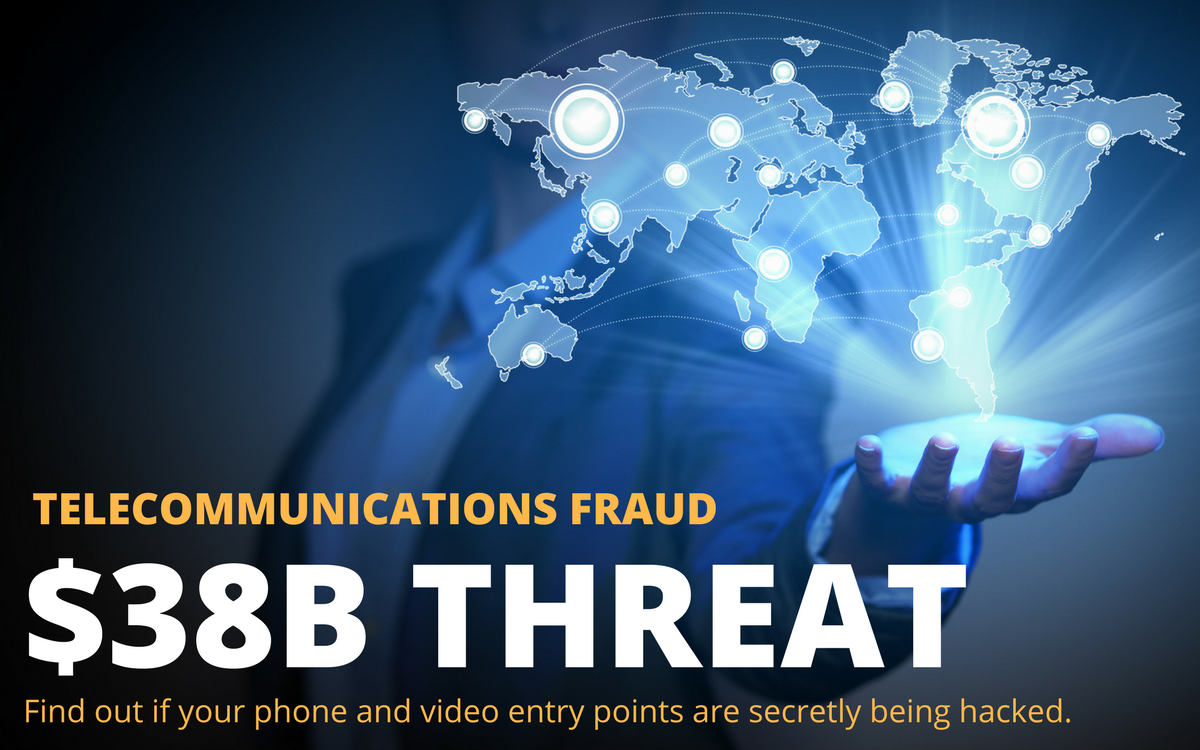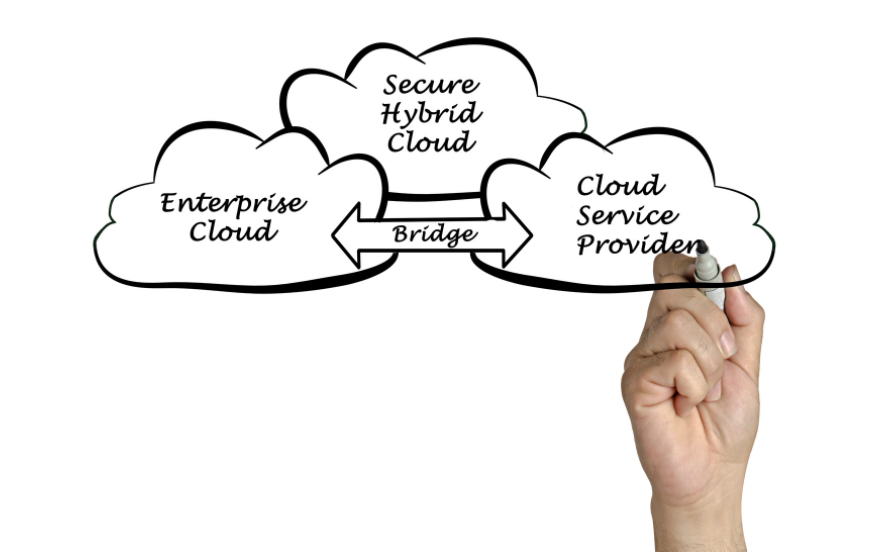Lately, there have been whisperings of online ledgers and endpoint-to-endpoint security systems amongst tech leaders and how they intertwine with blockchains that are leading to the future of developments in VOIP and communications.
What are blockchains?
First things first: what is a blockhain? After much research, Richard Bradley of Deloitte’s explanation seems to be the best representation of what blockchains are:
“You (a ” node“) have a file of transactions on your computer (a “ledger”). Two government accountants (let’s call them“miners”) have the same file on theirs (so it’s “distributed”). As you make a transaction, your computer sends an e-mail to each accountant to inform them.
Each accountant rushes to be the first to check whether you can afford it (and be paid their salary “Bitcoins”). The first to check and validate hits “REPLY ALL”, attaching their logic for verifying the transaction ( “Proof of Work”). If the other accountant agrees, everyone updates their file…
This concept is enabled by “Blockchain” technology.”
What do blockchains do?
Even with Bradley’s simplification, blockchains are still a bit convoluted. Instead of focusing on how they work, we’ll focus on what they do.
- Digital ledgers. Instead of the bank handling the digital ledger, blockchain paradigms shake it up by allowing everyone to hold a copy if it.
- Peer-to-peer checked network. Blockchain utilizes a network of nodes where each node is an individual who owns and uses bitcoins. Without getting technical, each transaction creates its own unique “block” that contains private information and encryptions: a digital signature if you will. The beauty of this is that it cannot be copied without being flagged as fraudulent since every single user has a copy of the ledger.
- Encryption. Diving into technicalities now, encryption is done via a mathematical algorithm to where digital signatures are not static to where different unique signatures are required for every transaction. This is how you know your information wasn’t copied or modified. Some of the details include each signature requiring both private and public keys to unlock and verify.
Why are blockchains needed?
The main takeaway about blockchains are that they allow us to trust strangers. Trust strangers to keep money for us? No. But blockchain is a technology that allows us to buy, sell, and transact with a stranger with the knowledge that you will not be ripped off.
Quote: “With blockchain, we can imagine a world in which contracts are embedded in digital code and stored in transparent, shared databases, where they are protected from deletion, tampering, and revision. In this world every agreement, every process, every task, and every payment would have a digital record and signature that could be identified, validated, stored, and shared. Intermediaries like lawyers, brokers, and bankers might no longer be necessary. Individuals, organizations, machines, and algorithms would freely transact and interact with one another with little friction. This is the immense potential of blockchain.” ~ The Harvard Business Review published a story, The Truth About Blockchain in their Jan-Feb 2017 issue
How blockchains can change everything, including VoIP
TC/IP birthed into this world VoIP and the protocols that power it (i.e. SIP and H.323).
Yet, with blockchain, we have the opportunity to develop it into becoming the skeleton for holding down the fort in securing communications with authentication. It is fun to speculate how blockchain can help develop removing the need for a carrier during authentication processes between just about any method of communication.
In other words, blockchain has the potential to improve what is considered a complex, labyrinthine authentication process in current telecommunications.
Citations:
- Richard Bradley of Deloitte
- The Harvard Business Review published a story, The Truth About Blockchain in their Jan-Feb 2017 issue






